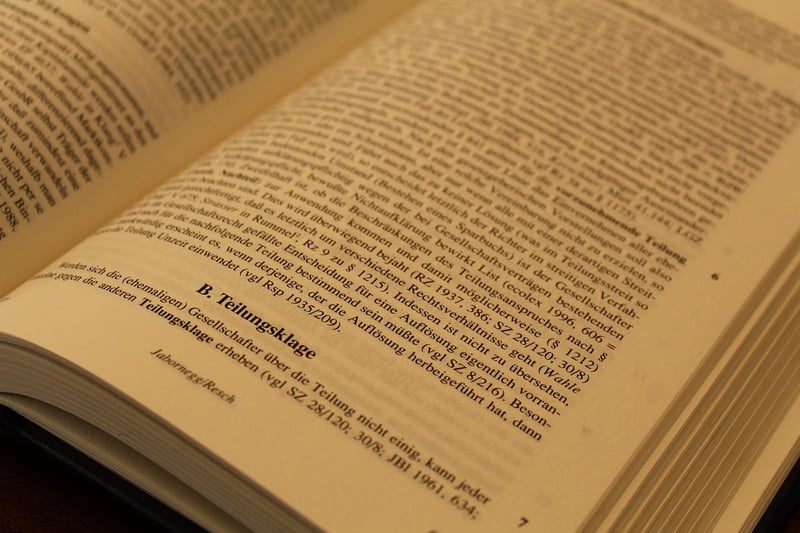Civil Rights Movement
Witness Pivotal Moments of the Civil Rights Movement
The Civil Rights Movement in the United States was a pivotal time in history that brought about significant social and political change. From the 1950s through the 1960s, brave individuals and communities stood up against racial segregation and fought for equality and justice for all. Here are some key events and figures that shaped this transformative movement:
1. Brown v. Board of Education (1954)
In this landmark Supreme Court case, segregation in public schools was declared unconstitutional, marking a major victory in the fight against racial discrimination in education.

2. Montgomery Bus Boycott (1955-1956)
Sparked by Rosa Parks' refusal to give up her bus seat to a white passenger, this boycott led by Martin Luther King Jr. was a significant protest against segregation on public buses in Montgomery, Alabama.

3. March on Washington for Jobs and Freedom (1963)
One of the largest civil rights rallies in U.S. history, this event culminated in Martin Luther King Jr.'s iconic "I Have a Dream" speech, calling for an end to racism and equality for all.

4. Selma to Montgomery March (1965)
Also known as "Bloody Sunday," this march led by civil rights leaders, including John Lewis, aimed to advocate for voting rights and ended in violence at the hands of law enforcement.

5. Civil Rights Act of 1964
Passed by Congress, this legislation outlawed discrimination based on race, color, religion, sex, or national origin, and is considered a landmark achievement in the fight for civil rights.

These pivotal moments and many others helped shape the Civil Rights Movement, paving the way for greater equality and justice in the United States. By remembering and honoring these events and individuals, we continue to uphold the principles of equality and civil rights for all.
